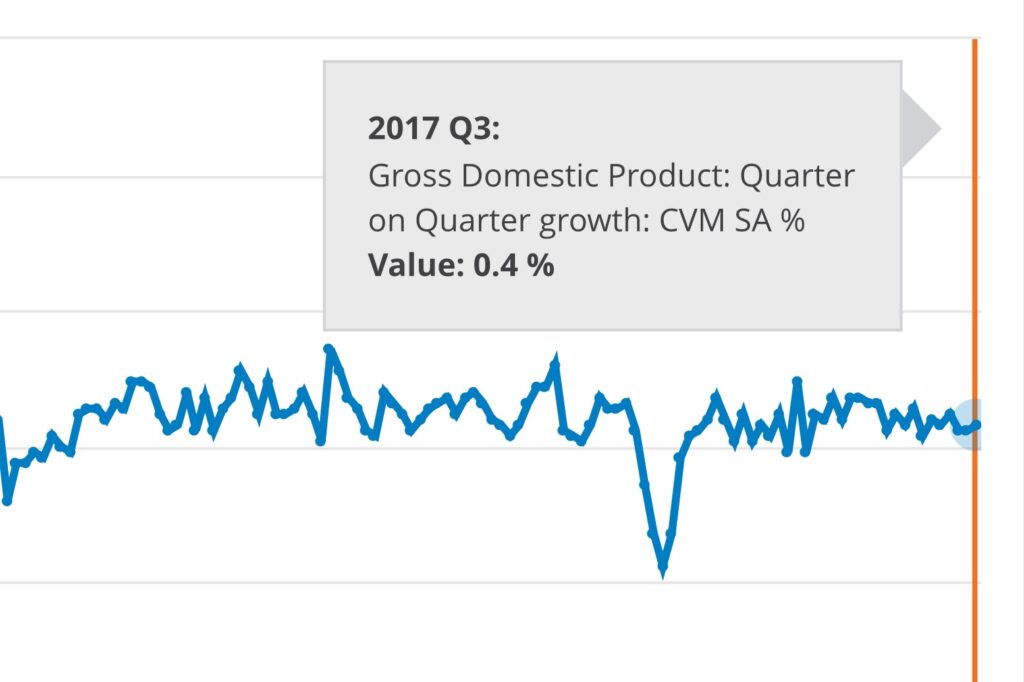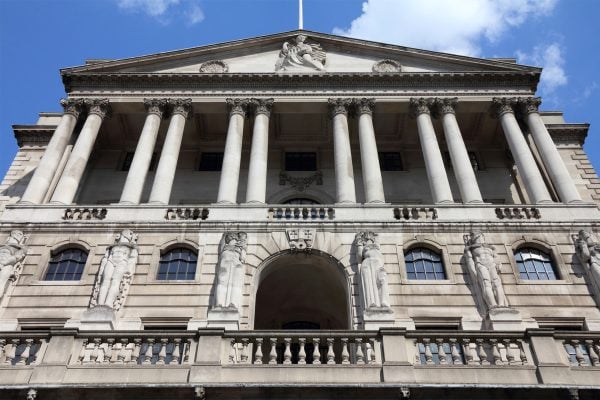The Office for National Statistics (ONS) has released new data on the performance of the British economy for the past quarter and, although growth is low, it was higher than expected. That heralds the possibility of a UK interest rate rise.
The ONS says that UK GDP drew by 0.4% in the third quarter beating expectations of 0.3%.
The Bank of England has held base rates at a historic low of 0.25% for many years to cope with the aftermath of the 2007 financial crisis.
You can find the latest GDP data from the ONS here.
A modest interest rate rise to 0.5% is unlikly to make much of an every day difference to borrowers, mortgage holders or savers. Your mortgage might tick up a tiny amount if you’re not on a fixed rate. You may earn a few more pennies on savings interest too, if you have money in the bank. But you’ll hardly notice it either way.
But importantly a rate rise would be a signal that the worst was over and a new confidence was entering the people who manage the British economy. A UK interest rate rise would be a powerful move from the Monetary Policy Committee of the Bank of England.
Ruth Gregory at Capital Economics says: “In contrast to the consensus expectation of a further slowdown in growth, we still think that there is scope for the economy to pick up a bit more pace next year.”
“With inflation likely to fall in 2018, the worst of the real pay squeeze should soon be behind us. And sterling’s decline, along with robust global growth, should boost net trade over the coming quarters.”





